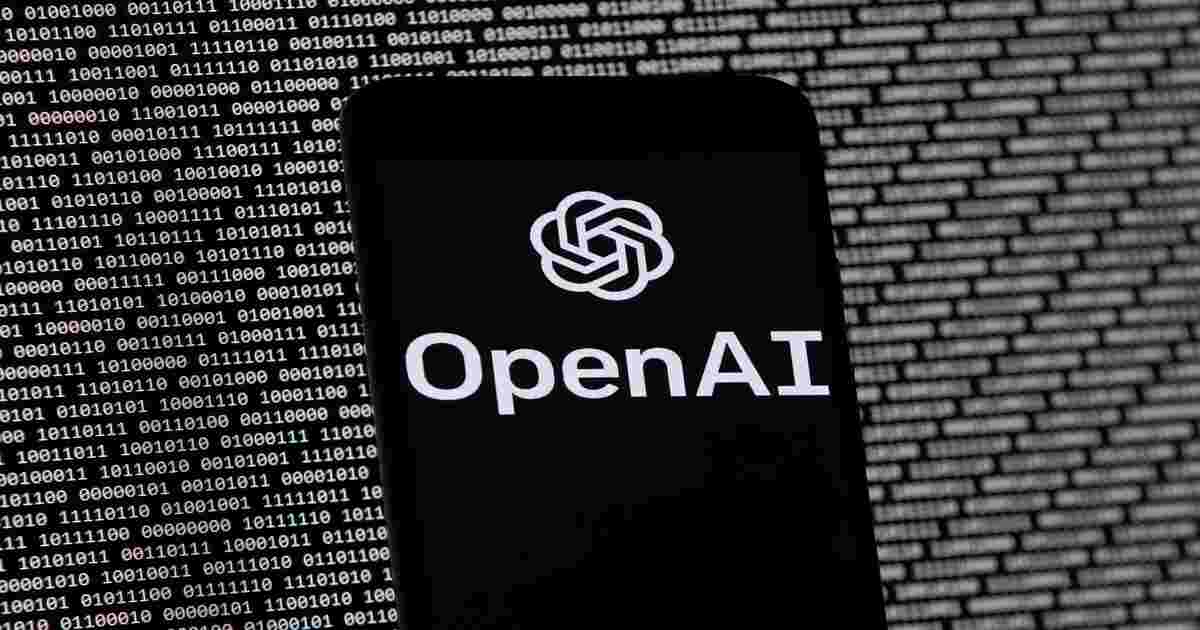OpenAI, the innovative creator of ChatGPT, has launched a groundbreaking series of artificial intelligence models designed to mimic human-like reasoning when faced with complex challenges. The announcement, made on Thursday, introduces the o1 and o1-mini models, which are now integrated into ChatGPT and its API.
Backed by Microsoft, OpenAI’s latest development represents a significant leap in AI’s ability to solve difficult problems across various fields, from science and coding to mathematics. These advanced models aim to enhance the decision-making process, similar to how a human would approach and resolve complicated issues.
Advanced AI Capabilities

In a blog post, OpenAI detailed the improvements embedded in these new models, stating, “We trained these models to spend more time thinking through problems before they respond, much like a person would,” the company said in a blog post. “Through training, they learn to refine their thinking process, try different strategies, and recognize their mistakes.”This focus on thoughtful problem-solving represents a fundamental shift in AI capabilities, allowing for greater precision and adaptability.
Smarter Solutions to Complex Tasks
The o1 model has already demonstrated its superior ability to reason through more intricate tasks compared to its predecessors. According to OpenAI, these models have significantly outperformed previous iterations in areas such as science, coding, and advanced mathematics.
One standout achievement for the o1 model is its remarkable 83% score on the International Mathematics Olympiad qualifying exam, a massive leap from the mere 13% achieved by GPT-4o. Additionally, OpenAI revealed that the o1 model surpassed human PhD-level accuracy on a science benchmark, further highlighting its potential to revolutionize fields that require sophisticated problem-solving skills.
CEO Sam Altman on the Future of AI
OpenAI’s CEO, Sam Altman, has expressed his excitement over this new series of models. In a post on X, Altman called the o1 models “our most capable and aligned models yet,” though he also emphasized that the technology is not without its limitations.
“o1 is still flawed, still limited, and it still seems more impressive on first use than it does after you spend more time with it,” Altman wrote.

“[B]ut also, it is the beginning of a new paradigm: AI that can do general-purpose complex reasoning.”
A New Paradigm in AI
With this release, OpenAI is charting a new course for artificial intelligence, one that brings machines closer to the cognitive processes of humans. The o1 and o1-mini models demonstrate AI’s growing ability to not only compute but to think, reason, and problem-solve on a more advanced level.
As the AI landscape continues to evolve, OpenAI’s new models could pave the way for unprecedented advancements in technology, reshaping industries that rely heavily on critical thinking and innovation.



